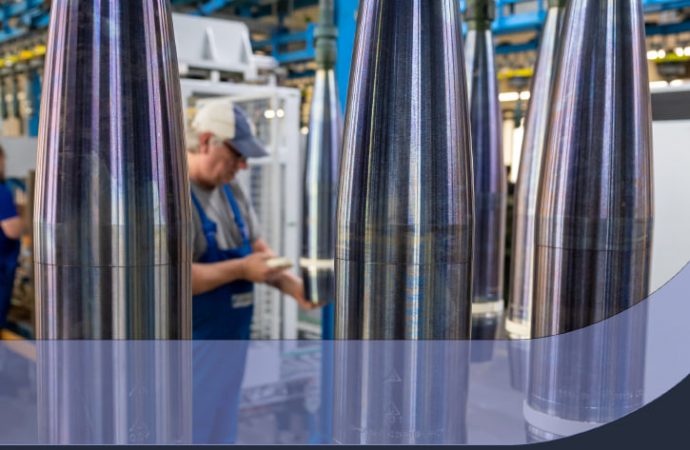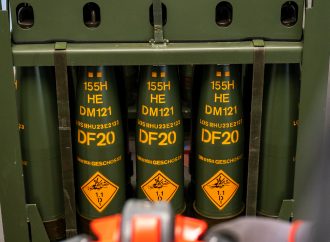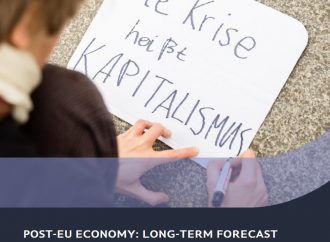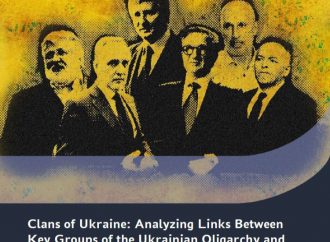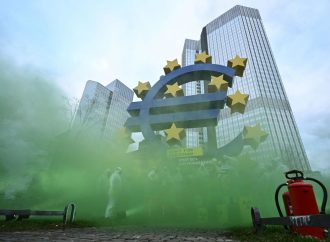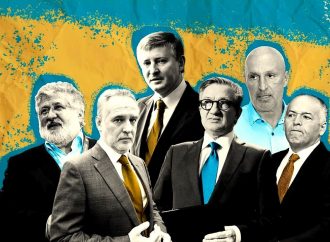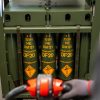Various narrations and interpretations have characterized the conflict in Ukraine. While some view it as a proxy war involving NATO and Russia, solely labeling the conflict in this way oversimplifies its complexities and overlooks the economic interests that have fueled the conflict.
Various narrations and interpretations have characterized the conflict in Ukraine. While some view it as a proxy war involving NATO and Russia, solely labeling the conflict in this way oversimplifies its complexities and overlooks the economic interests that have fueled the conflict.
The situation involves a wide range of players with diverse motivations. Overall, the conflict in Ukraine intersects with various economic, political, and strategic interests, both domestically and internationally. Understanding the financial interests is essential for comprehensively analyzing the drivers and dynamics of the conflict and its broader implications.
Significant financial interests are involved in the Ukraine conflict, both domestically and internationally. Some key aspects of the economic interests tied to the conflict are as follows:
- Arms Industry: The conflict in Ukraine has led to an increased demand for arms and military equipment. Arms manufacturers and defense contractors stand to benefit from supplying weapons, ammunition, and other military hardware. This includes companies from various countries, including the United States, European Union member states, and Russia.
- Resource Extraction: Ukraine is rich in natural resources, including coal, iron ore, natural gas, and agricultural products. Control over these resources, particularly in the conflict-affected regions of Eastern Ukraine, can have significant economic implications for various stakeholders, including government entities, private companies, and individuals.
- Financial Assistance and Aid: International financial institutions, donor countries, and humanitarian organizations finance Ukraine, mostly with tax money. However, providing aid and assistance can also serve the interests of donor countries and their armament industry.
Disregarding war rhetoric and media propaganda, every tax-paying EU and US citizen asks themselves the following question: do elites and arms industry groups in the US and the EU lobby for aid to Ukraine due to the direct link between this aid and their profits and investments?
According to our new research, there is a perceived correlation between aid to Ukraine, the escalation of conflict, and the subsequent growth of profits and investments for these groups. The arms industry benefits from the systemic integration into political structures and sees aid to Ukraine and the conflict itself as opportunities to monetize on a significant scale.
Our research shows that European political decisions reflect the struggle between elite groups, NGOs, and the US arms sector over the influence of defense decision-making and militarization. The influence of political figures, financial institutions, and NGOs runs through offshore schemes of arms shipments transiting across Ukraine. In particular, the involvement of NGOs and European Commission members in arms shipments through Ukraine, along with their political ties, raises questions about possible corruption and conflicts of interest.
There is a clear correlation between the monetization of aid and war escalation risks by arms makers, particularly US giants like BlackRock, J.P. Morgan, and Carlyle Group, along with defense industry leaders such as Carlyle Group, Lockheed Martin, Raytheon, and General Dynamics.
France, represented by Dassault and Thales, aims to increase European defense spending and integration. The UK’s BAE Systems competes in European markets with US giants like Boeing, while investment alliances influence European politics and arms deals.
On the other side, Germany is the primary arena where defense industry giants vie for dominance in the European rearmament market. Additionally, it emphasizes the close ties between the United States and Great Britain, facilitated by members of the Christian Democratic Union and the left parties like SPD and Greens. These ties are evidenced by their promotion of narratives centered on threats and the arms race, which align with the interests of business groups.
Our new report portrays a complex web of political and economic interests shaping the EU-Ukraine relationship and the broader militarization landscape, with implications for global conflicts and arms trade.
The report can be found at the following link – http://newstratcon.org/wp-content/uploads/2024/02/EU-DEFENSE-INDUSTRY-CORRUPTION-AMID-THE-UKRAINIAN-CONFLICT.pdf
Dr. Andrea Galli
President
New Strategic Concept
https://newstratcon.org

